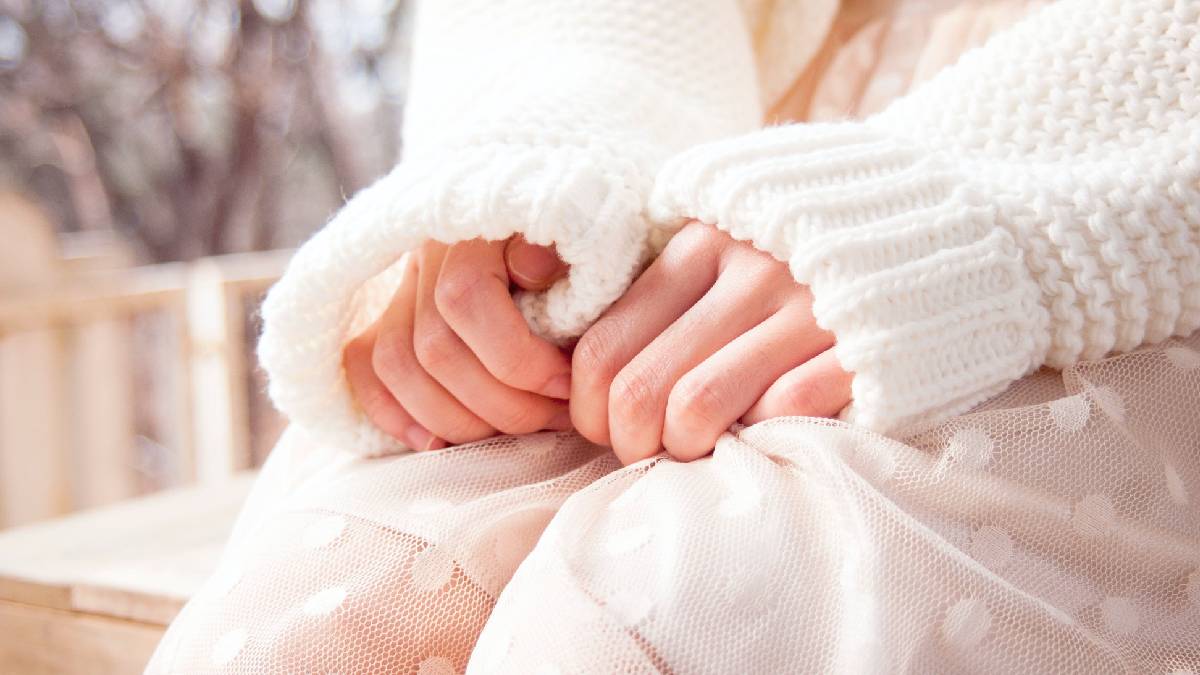
Don't Let Your Social Anxiety Stop You From Finding Love
New research suggests that socially anxious people can have great relationships too.

By Mark Travers, Ph.D. | October 9, 2021
A new research article published in the Journal of Social and Clinical Psychology examines the impact social anxiety can have on a person's ability to sustain a healthy romantic relationship. The results suggest that while socially anxious people are more likely to struggle with romance, it may be due to factors other than their anxiety, such as underlying depression or other psychological issues.
Socially anxious adults are less likely to marry and more likely to divorce than are non-anxious adults," say the researchers led by Christian Hahn of the Nova Scotia Health Authority. "A subset of socially anxious individuals, however, maintain positive romantic relationships, but relatively little is known about how social anxiety may be associated with the factors that allow for this successful maintenance of romantic relationships."
To better understand how social anxiety impacts romantic relationships, the researchers recruited 888 adults who were currently in monogamous relationships to participate in an online study. In the study, the researchers asked people to complete the following six psychological scales:
- Relationship Assessment Scale — A seven-item self-report scale measuring relationship satisfaction with questions such as, "How well does your partner meet your needs?" (1 = not at all, 7 = very well).
- Social Interaction Anxiety Scale — A 19-item measure that evaluates the level of distress individuals experience during interpersonal contact. Questions address individuals' worries of poor social performance and negative judgments in social interactions (e.g., "I am tense mixing in a group") and are rated from zero to four (0 = not at all; 4 = extremely).
- Zung Self-report Depression Scale — A 20-item self-report scale measuring psychological, emotional, and physiological signs of depression with items such as "I feel downhearted and blue" that are rated from one to four (1 = a little of the time; 4 = most of the time).
- Dyadic Trust Scale — an 8-item measure of trust in a romantic partner, defined as one's belief in a partner's honesty, good intentions, and kindness (e.g., "I feel that I can trust my partner completely").
- Interpersonal Support Evaluation List — a 40-item scale assessing an individual's perception of the availability of social support in distressing situations (e.g., "There is no one that I feel comfortable to talking about intimate personal problems").
- Commitment Scale — a 15-item elaborated version of the Investment Model Scale measuring perceptions of social support in stressful events.
The researchers found that both social anxiety and depression were indicative of lower relationship satisfaction, social support, and dyadic trust.
"Prior research found both negative and non-significant associations between social anxiety and relationship satisfaction," say the researchers. "Results of the present study show a stable and negative correlation between social anxiety and relationship satisfaction that mirrors the results of some past research."
But there's more to the story. For one, the researchers also found a tendency for socially anxious people to express a heightened commitment in their relationships.
"No prior study has investigated the association between social anxiety and commitment," state the researchers. "The [...] robust positive association between social anxiety and commitment in the present study integrates with the contemporary understanding of social anxiety itself. Despite social anxiety being associated with intimacy impairing behaviors (e.g., reduced self-disclosure), a strong desire for relational closeness remains nonetheless."
In other words, it is possible that socially anxious people have a greater motivation to remain committed in a romantic relationship, even though they may not always engage in intimacy-promoting behaviors that extend the longevity of the relationship.
The researchers also dug deeper into the association between social anxiety and relationship satisfaction, exploring its connection with co-morbid depression.
"Our findings were quite interesting to us," says Hahn. "When we looked at just social anxiety, it is correlated with a host of difficulties in romantic relationships including lower relationship satisfaction, lower trust, and lower perceived availability of social support. However, when we account for depression, a lot of the correlations between social anxiety and relationship variables lose significance. That is to say, co-morbid depression seems to be more important to relationship well-being than social anxiety."
The researchers believe their findings may help clinicians develop better treatments for social anxiety in the future.
"The present study may enhance clinicians' understanding of the experiences that socially anxious individuals have in their romantic relationships and, in the case of clients with co-morbid depression, the psychopathological factors that drive different observed relational difficulties," say the authors. "Additionally, our findings suggest that successful treatment of depression may have greater potential to positively impact relational well-being than treatment of social anxiety, but further research is needed in this specific area."
A full interview with Christian Hahn discussing his research on social anxiety and romance can be found here: Why socially anxious people can have great relationships too
